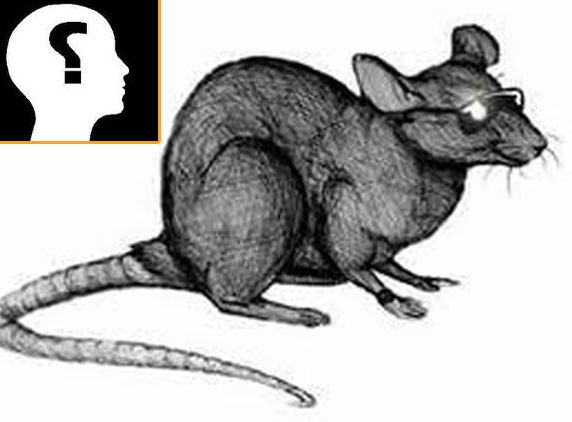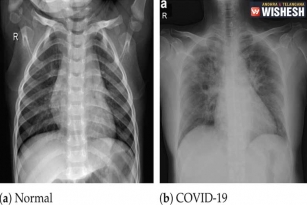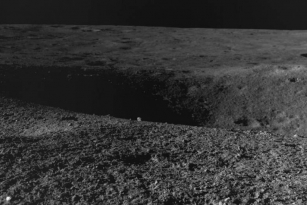
A new study published in the Journal of Neuroscience, suggests that the rats could be on par or similar to humans while taking decisions in precarious situations.
The study conducted in Cold Spring Harbor Laboratory (CSHL) suggests that the ability of humans and rodents to make perceptual decisions based on combining different modes of sensory stimuli—visual and auditory cues are quite similar in precarious situations. The study reveals that the rodents similar to humans combine multisensory information and exploit it in a "statistically optimal" way or the most efficient and unbiased way possible.
Assistant Professor Anne Churchland, Ph.D., a neuroscientist who led the new study, suggests that, “Statistically optimal combination of multiple sensory stimuli has been well documented in humans, but many have been skeptical about this behavior occurring in other species. Our work is the first demonstration of its occurrence in rodents.”
Churchland feels that this study could reveal better features of brain sensory, the professor was much excited. “By observing this behavior in rodents, we have a chance to explore its neural basis – something that is not feasible to do in people,” She added. "We can use our rat model to 'look under the hood' to understand how the brain is combining multisensory information and be in a better position to develop treatments for these disorders in people," expressed the Professor.
The study was done by testing the multisensory integration in humans and rats by designing a task that gauged how the subjects made decisions when presented with visual and auditory stimuli separately and in tandem. The team also designed the task keeping in mind the caveat that our brains process visual information much slower than auditory information. The study concludes that both humans and rats made more accurate decisions when presented with combined multisensory information and that this decision-making was close to being statistically optimal – a mathematical prediction of how well each subject could possibly perform in the task. The researchers have also found evidence that offers fresh insight into how the brain deals with the challenge of having a visual processing system that's slower that the auditory processing system. (With inputs from internet- AarKay)














